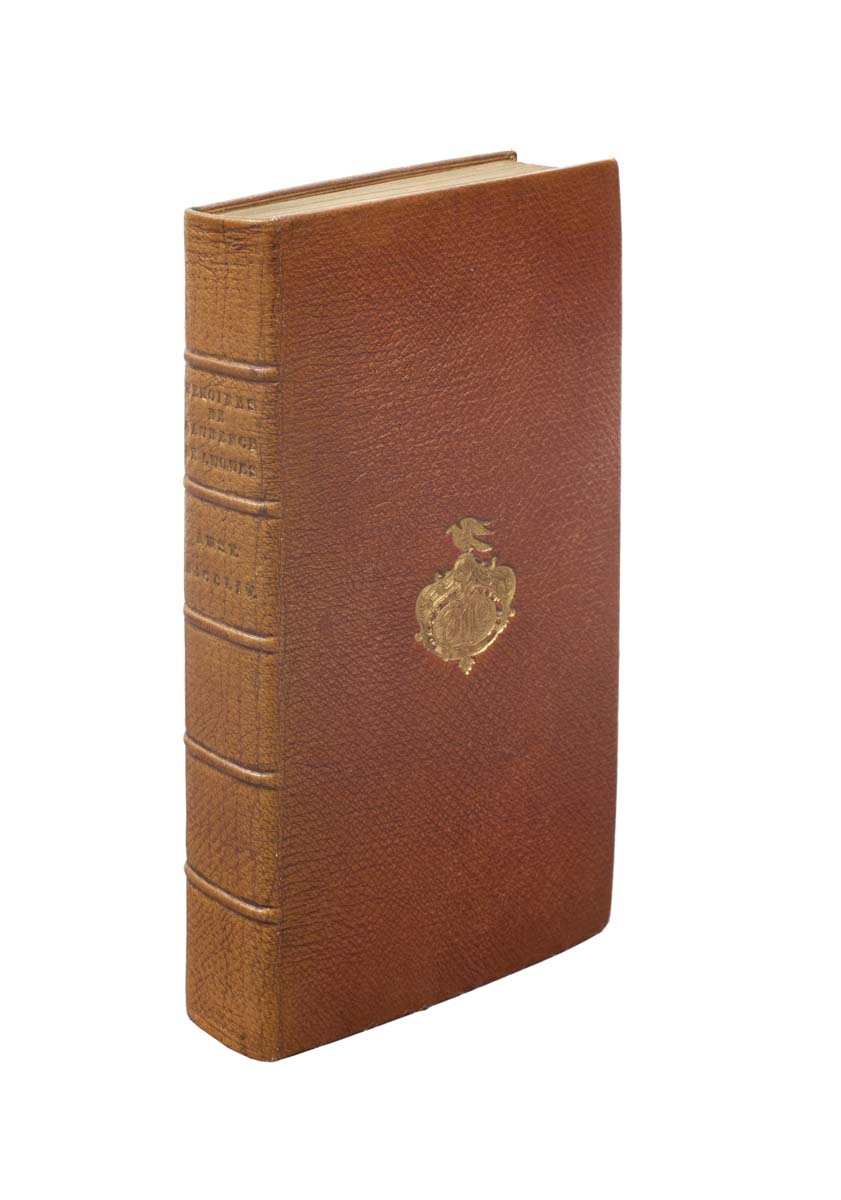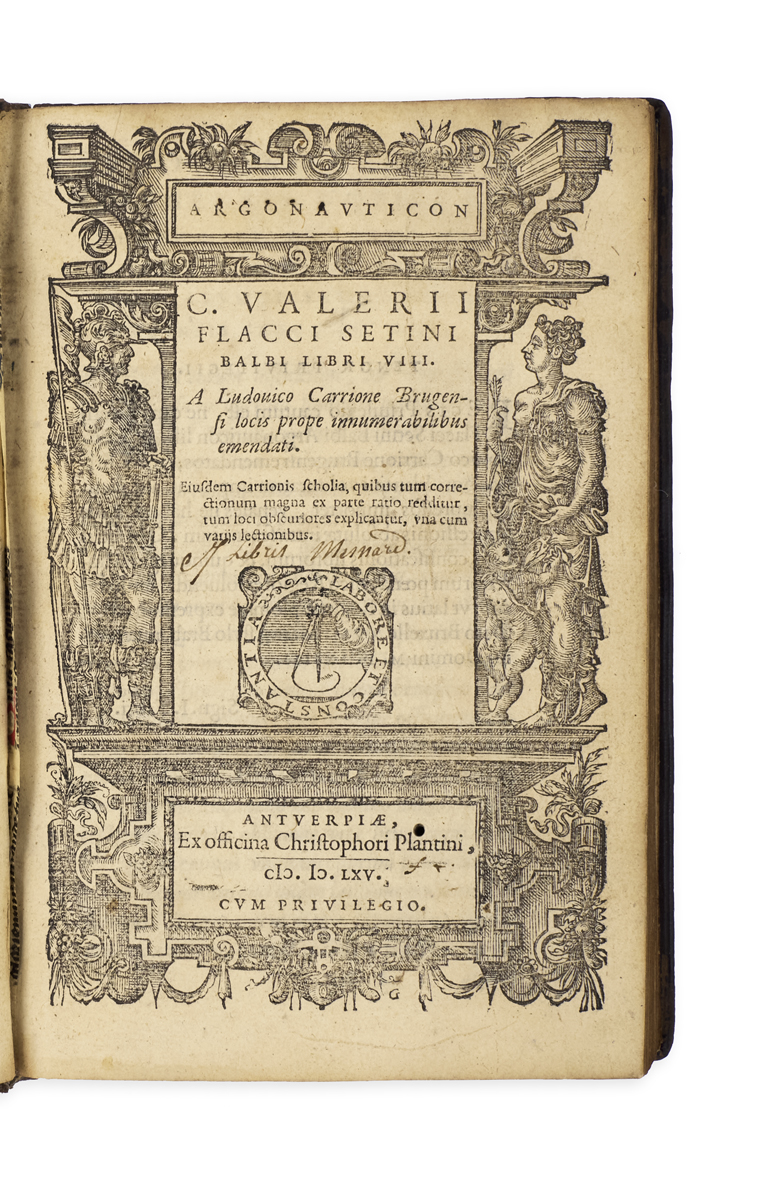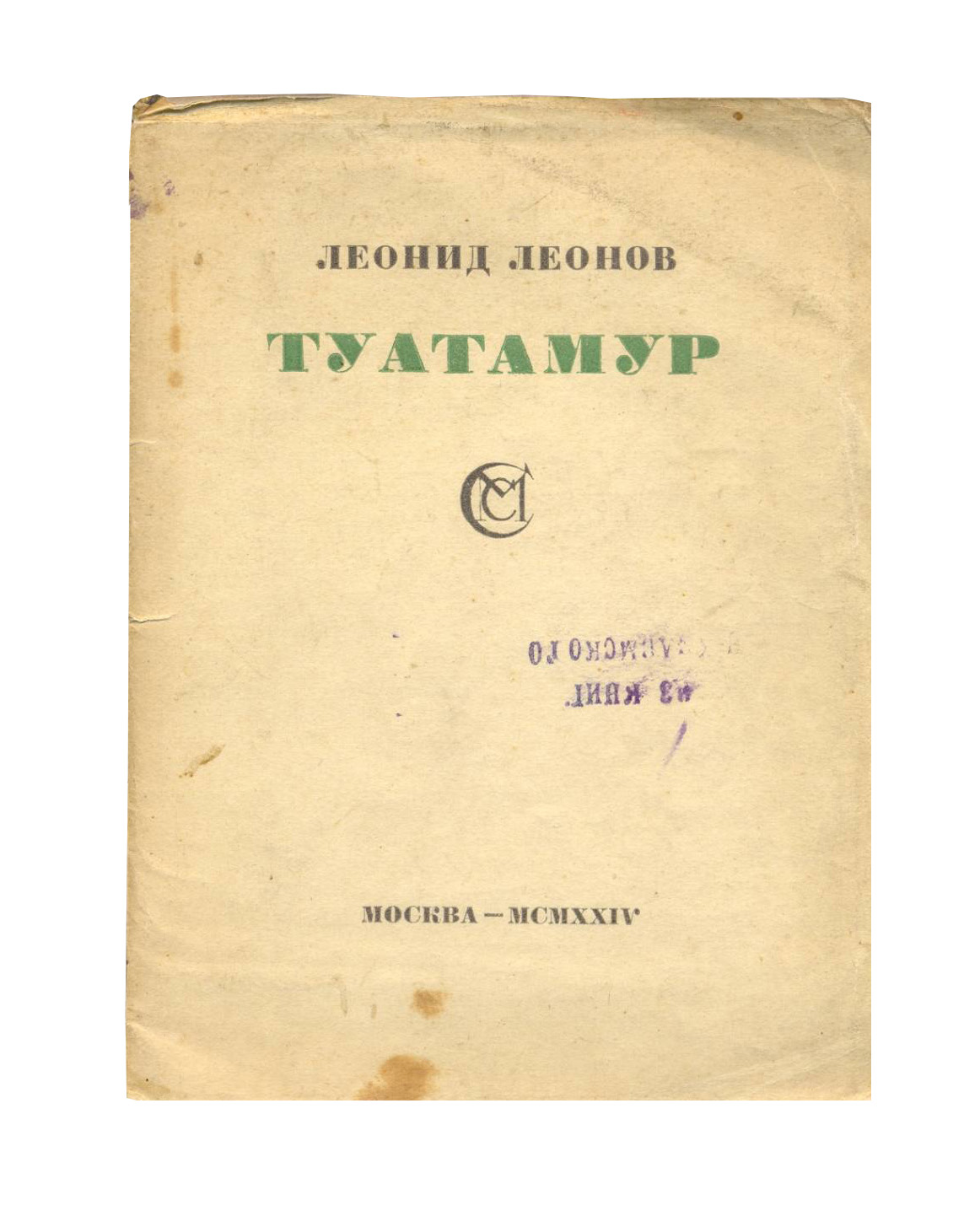
THE THEODORE WILLIAMS COPY
[BERINGTON, Simon, adapted by Jean-Baptiste DUPUY-DEMPORTES.]
Memoires de Gaudence de Luques, prisonnier de l’Inquisition … Première [– quatrième] partie.
Amsterdam and Leipzig, Arkstée & Merkus, 1754.
Four parts in one vol., 12mo, pp. [2], lxiv, 98; [2], 154; [2], 148; [2], 166, [2 (errata)]; with an engraved frontispiece to each part; title-pages printed in red and black; some scattered foxing, else a very good copy from the library of the Rev. Theodore Williams, in a characteristic binding of full crushed orange morocco with his gilt crest and arms to the covers, spine lettered direct; later bookplate of Lord Northwick.

Added to your basket:
Memoires de Gaudence de Luques, prisonnier de l’Inquisition … Première [– quatrième] partie.
Second edition of this much expanded and altered translation of Berington’s celebrated utopian novel, Memoirs of Sigr Gaudentio di Lucca (1737).
The Memoirs enjoyed immense popularity, undergoing at least twelve eighteenth-century editions in English and contemporary translations into French, German and Dutch. With the author thought to be George Berkeley, the great Christian idealist, ‘it attained to a rank and dignity comparable to that of the Republic of Plato, the Utopia of Sir Thomas More, and the New Atlantis of Lord Bacon’ (Lee M. Ellison, ‘Gaudentio Di Lucca: a Forgotten Utopia’, PMLA, L [1935], pp. 494-509).
‘The earlier utopias lacked concreteness. In fact, they can hardly be said to exist in an objective sense, but only as abstractions. Berington’s Mezzorania, on the other hand, is as real as Mexico and Peru; and integrated with his philosophy and social theory is a narrative that runs the whole gamut from idyllic romance to luscious intrigue and bloody adventure’ (Ellison).
The (anonymous) first French translation of the Memoirs appeared in a two-volume edition of 1746. Dupuy-Demportes’s version (first published in Paris in 1753) included a number of new episodes, and was so liberally and successfully adapted to its new context that it became a firm part of the French utopian tradition.
Provenance:
From the library of Theodore Williams, ‘mainly consisting of biblical texts, books printed on vellum and volumes on large or largest paper’ (De Ricci), many in similar bindings of brightly coloured morocco, which was sold in 1827.
Gove, pp. 295-300; Esdaile, p. 163; McBurney 323.

